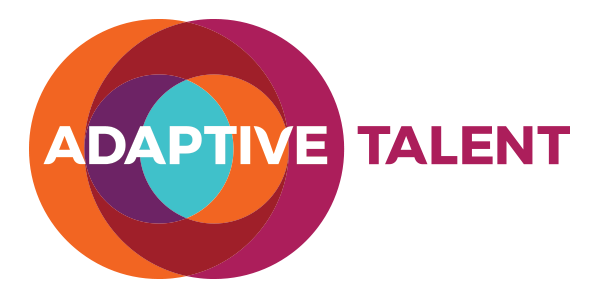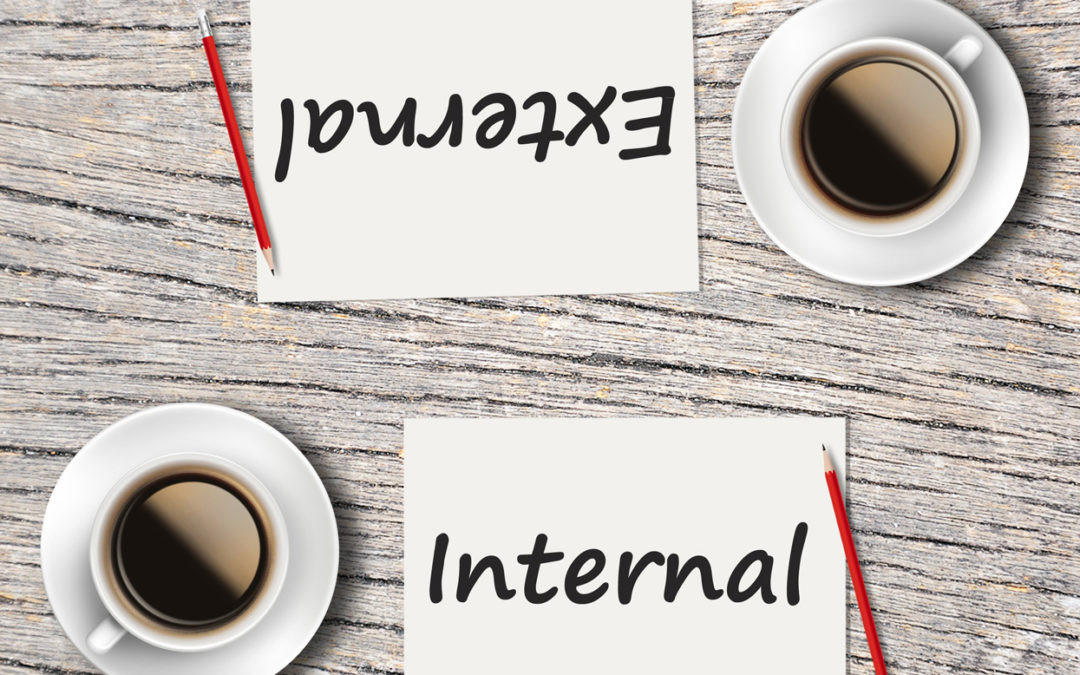Patricia Overland wrote a timely and comprehensive post offering tips for leaders considering an internal coaching approach for their organization. It’s interesting that people are already past the question of whether coaching has an ROI; now they’re trying to figure out the right approach and balance between internal and external coaches.
Patricia makes lots of good points about why it may be beneficial to engage an external coach versus trying to add it to an internal person’s plate. I’ve been in / around HR for 23 years, so there is something very real about trust and an HR person’s ability to truly separate information gained via a coaching conversation with other decisions involving that employee. Simply the perception that something may leak via the HR person is enough for a client, consciously or unconsciously, to hold back in their exploration.
I will also piggyback on her comments regarding hybrid roles. Assuming you can find someone truly able to maintain confidences and that person has sufficient time to coach people on a scheduled basis (versus “on demand”, which essentially means it’ll likely fade away), you truly need to have clarity on the measures to assess progress. These can be qualitative, like feelings of progress by the client or manager, or somewhat more objective like standardized 360-degree feedback from the same group of people using the same tool at the beginning of coaching and 9 – 12 months later (nothing sooner is realistic).
The final factor – and it’s a big one – is cost, and finding a standardized way to measure both the soft and hard costs and benefits of coaching. Most Finance people are used to budgeting for coursework or other tangible educational materials, and there are definitely more sophisticated folks who pick a few measures pre and post course/investment to see how the capability of the individual has grown because of it.
Since coaching is configured to the client’s needs and agenda, and confidentiality is crucial, organizations can find themselves in a “how do I measure this stuff?” conversation. How much is it worth to have someone gaining greater confidence and clarity about the strategic vision for their function or team? How much should we account for the improved extra productivity of her team if we see the leader using less fear-based reactions and instead finding novel ways to balance task accomplishment with investments in her team’s skills and overall effectiveness? Is it appropriate to account some of the money saved from reduced voluntary attrition to coaching? There are ways to measure the client’s perceived boost in retention, but even asking that can produce discomfort with the client.
My suggestion is to keep it simple and have a few powerful measures to help you both justify the ROI:
- Impact on others via a standardized leadership development 360-degree feedback tool and approach every 9-12 months. Simply seeing progress across a standardized tool over time can be very powerful and help you justify the investment.
- Linkage to key strategic initiatives – Take a few key strategic initiatives and do a pre and post coaching measurement of key leader’s personal assessments of skill and support. Do your leaders end up achieving more and feeling more supported via the coaching process compared to those who did not receive any coaching? I’m not talking about their HR Business Partner checking in with them about their team but rather a certified coach engaging in a pure coaching conversation).
- Resilience – Do leaders who are coached have a greater ability to deal with change, or other difficulties?
- Retention – Do leaders of equivalent rank, history, function, and capacity get overall better results and stay longer if they are coached?
Many of these benefits can be configured to some degree via group coaching, which can be a cost effective way to get coaching further into your organization. I’d welcome the opportunity to explore how coaching may benefit you and your organization.
—
Adaptive Talent is a talent consultancy designed to help organizations achieve amazing results and ongoing adaptability. Founded in 2008 and based in Vancouver, Canada we offer retained search, assessments, total rewards consulting, training, leadership coaching and development programs, and culture & organizational development consulting.

